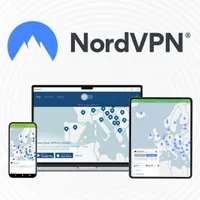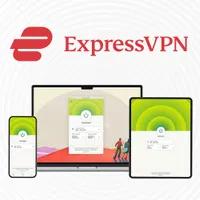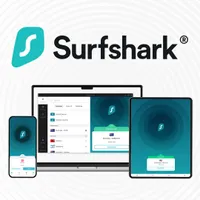New to VPNs? Do these 5 things first
Make the most of your VPN right out of the box
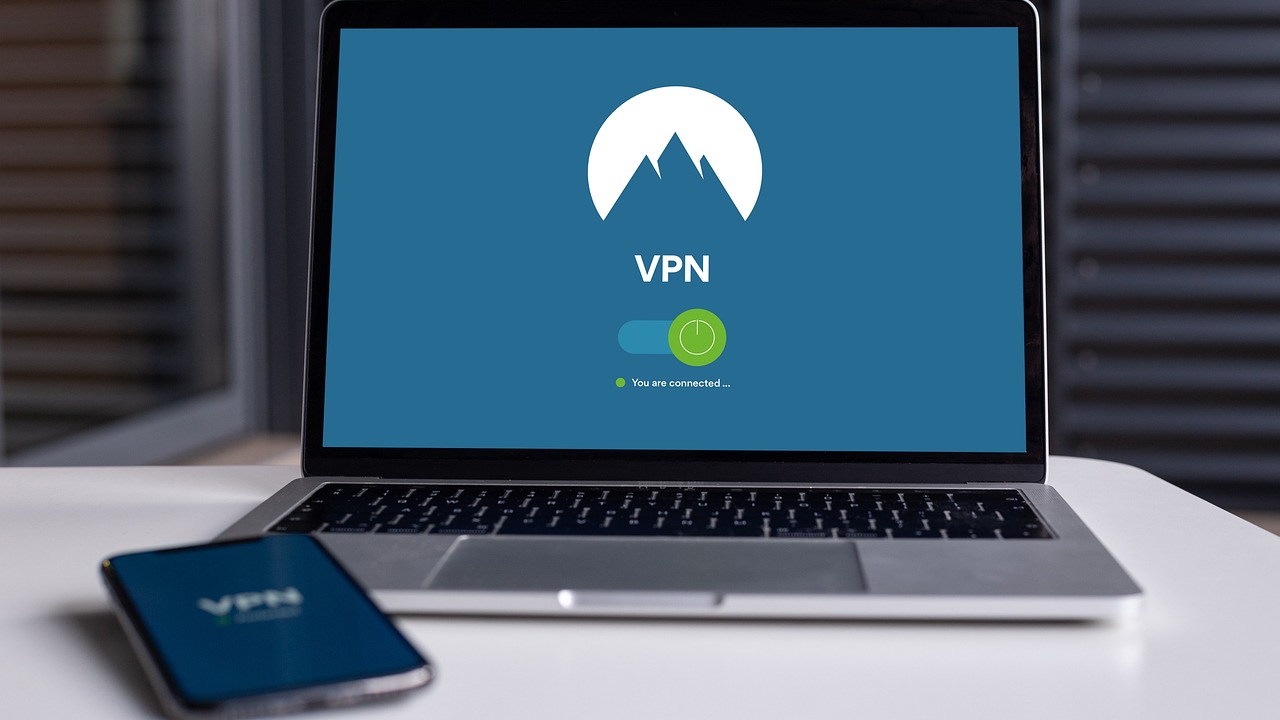
Sign up for breaking news, reviews, opinion, top tech deals, and more.
You are now subscribed
Your newsletter sign-up was successful
If you're invested in your digital privacy, you should be using a VPN. After all, there are plenty of snoopers, internet blackouts, and geo-restricted streaming platforms out there just waiting to spoil your (online) fun.
VPNs have a techy reputation, however, and it's easy to feel overwhelmed by the jargon. Luckily, today's best VPNs are designed to be easy to use – even if you're a total newbie – and are plug-and-play solutions that require virtually no tweaking.
As the holiday sales begin to pick up, now is the best time to pick up a subscription and give your online security a boost. There are a few things you can do to make the most of your shiny new VPN, however, and I'll walk you through these hacks below.
3 best VPNs: quick overview
1. NordVPN – from $3.09 per month
The best VPN overall
NordVPN is the undisputed leader in our overall rankings. It's wickedly quick (and ideal for streaming those Netflix series and movies you've had your eye on) and comes with all the tools you need to protect your personal data from third parties and snoopers. You'll also get an extra 3 months free and a handy 30-day money-back guarantee.
2. ExpressVPN – from $6.67 per month
The best VPN for beginners
ExpressVPN is, in my opinion, the best VPN for new users. It's incredibly easy to use and handles most of the setup for you, so you can spend more time going about your day-to-day browsing. ExpressVPN unblocked every streaming platform we threw at it, too, making it the ideal companion to avid Netflix and Amazon Prime fans. A recently discounted 2-year plan makes ExpressVPN cheaper than ever, and a 30-day money-back guarantee gives you all the time you need to take the service for a test drive, too.
3. Surfshark – from $2.19 per month
The best cheap VPN
Surfshark is the bargain hunter's favorite – and for good reason. A tiny monthly fee gives you access to the quickest VPN speeds we tested, streaming libraries from around the world, and a ton of handy privacy-boosting tools. For a measly $2.19, you'll have unlimited simultaneous connections to play with and a risk-free 30-day money-back guarantee.
5 tips for VPN newbies
New to the world of Virtual Private Networks (VPNs)? First of all, welcome, and congratulations on upgrading your digital privacy and unblocking a world's worth of content – no matter where you really are.
To make sure you have everything you need to get started with a VPN the right way, here are five VPN tips and tricks to keep in mind:
1. Get the best deal
VPN pricing varies throughout the year, just like any other product, and massive saves drop in time for the Black Friday weekend and the end-of-year sales.
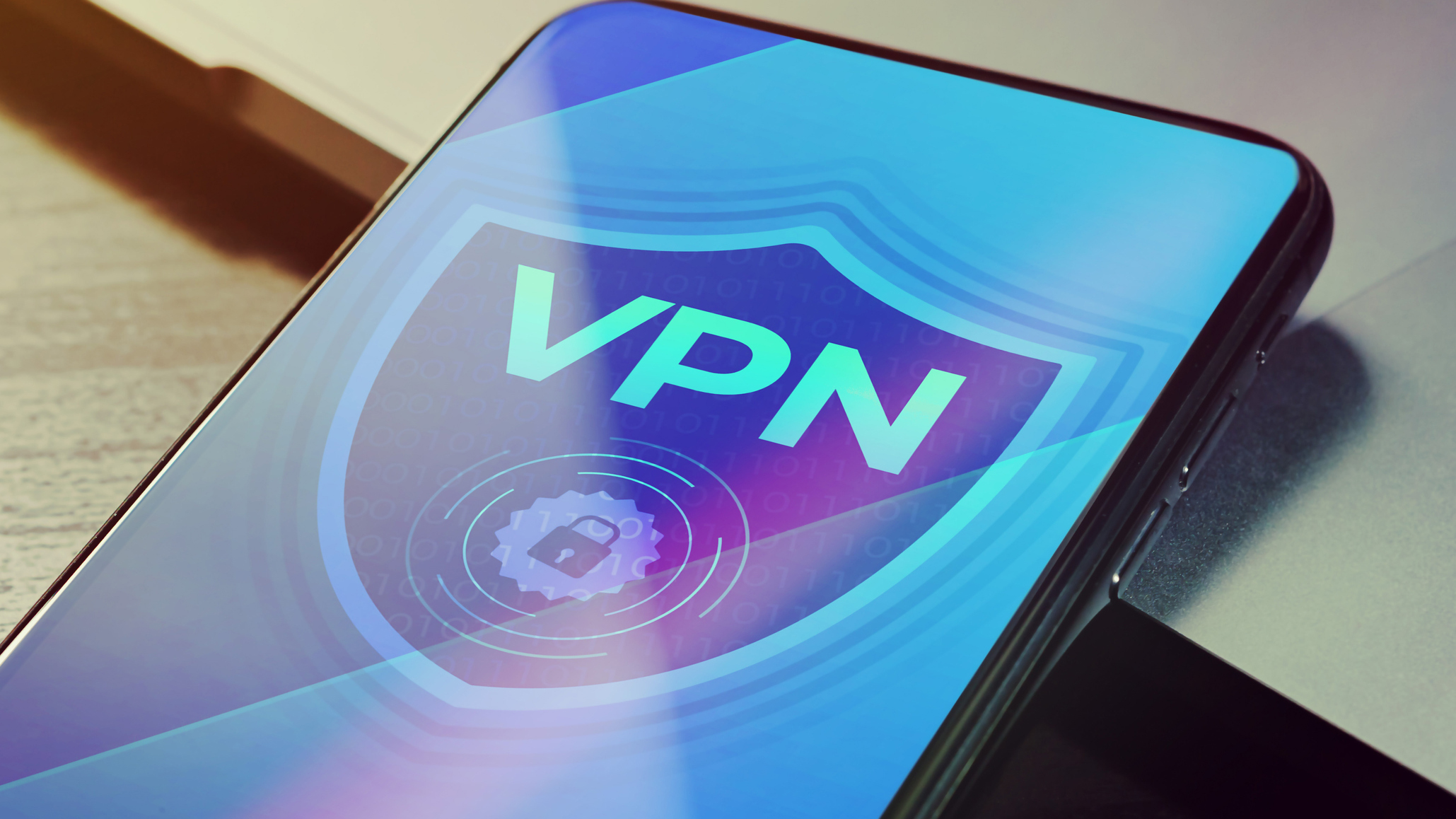
Looking for a real steal? Check out our best cheap VPN rankings to see which services offer the most bang for your buck.
If you've already decided on a particular VPN service (or are still in the hunting phase), it's a no-brainer to shop around for the best deals and take advantage of seasonal promotions – and it just might be worth the little wait if there are discounts around the corner.
Our dedicated VPN team maintains a dedicated VPN deals page you'll want to keep an eye on. We regularly update it to present readers with the latest and greatest VPN discounts.
Oh, and remember, subscribing to a long-term plan (a year or longer) is more cost-effective than opting for a short subscription in the long run.
2. Look for an audit
A VPN is, first and foremost, an online security tool. Unfortunately, there are a lot of dodgy services on the market that promise the world and provide lackluster privacy in return.
So, it's important to do your homework to see if the VPN has undertaken a third-party audit to prove its privacy claims.
Independent audits ensure that a VPN maintains full transparency about how it operates
Independent audits are stamps of assurance for the user that the VPN's no-logs policy, servers, distribution, and the configuration and implementation of key infrastructure elements are in line with what the company promises to offer – and that it maintains full transparency about how it operates.
Choosing a VPN that has verified its claims is, quite frankly, non-negotiable, irrespective of whether you're a VPN newbie or a seasoned expert.
Some of the top VPNs that have audits to their name include ExpressVPN (which recently completed its 18th no-logs audit), Surfshark, NordVPN (four no-logs audits), and PIA – the only VPN service to have proven its no-logs claims in court twice.
3. Customize your settings
Once you've subscribed to a VPN, downloaded the VPN app, and installed it on your device, it’s important to head into the settings and make a few tweaks to set up the VPN properly:
- Choose a VPN protocol: the rule of thumb here is OpenVPN for better security and WireGuard for pure speed – but note that industry leaders, like ExpressVPN and NordVPN, have developed their own protocols in-house which combine the best of both worlds (Lightway and NordLynx, respectively).
- Turn on the kill switch: a kill switch blocks your device's internet access if the VPN connection drops, preventing data leaks by not allowing you to send any data outside of the secure VPN tunnel. It's a crucial security feature and should be switched on at all times.
- Consider enabling the always-on feature: as the name suggests, the always-on VPN feature makes sure that you always have an active VPN connection (meaning you won't have to manually turn on the VPN) for round-the-clock protection.
- Use stealth if necessary: some VPNs have obfuscation features that hide the fact that you're using a VPN in the first place. This can be a game-changer for folks living under oppressive regimes, or dealing with VPN bans, as ISPs can sniff out traces of VPN traffic if you're not using these cloaking tools.
4. Check out those servers
Picking a VPN server is a fairly straightforward process. Most VPNs come with an auto-connect feature, which is perfect if all you want to do is browse the web and access local sites or social media apps with improved security – for example, when you're out and about using unsecured public Wi-Fi.
The auto-connect feature automatically connects you to the best available server depending on your location.
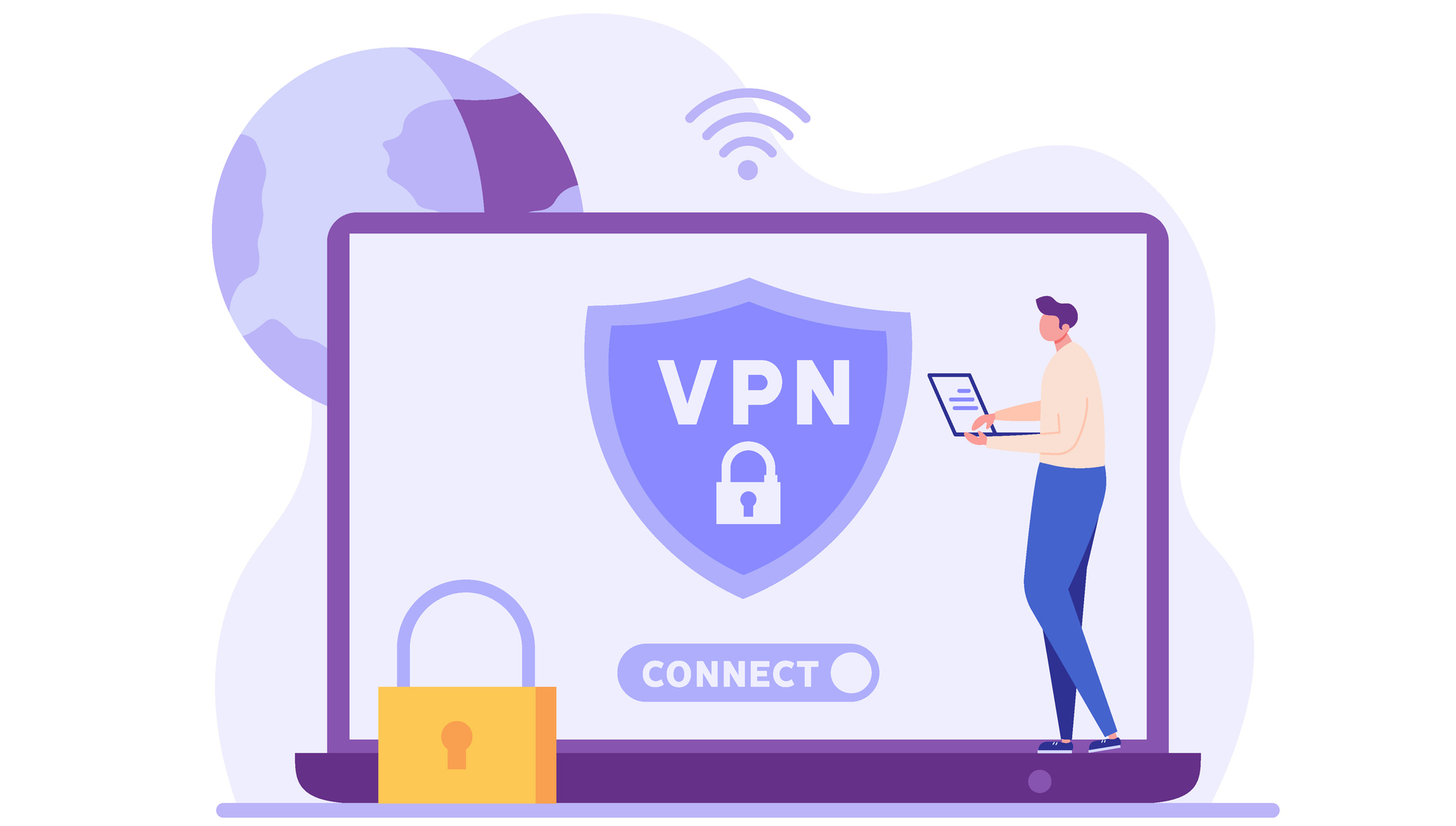
Need a hand putting your digital pin on the map? Head on over to our guide to VPN servers.
While servers close to your real location are better for speed/performance, connecting to servers further afield is better for geo-spoofing and unblocking sites and services. For example, if you're in the US and want to stream BBC iPlayer, you'll have to connect to a VPN server in the UK.
You can look for specific servers using the search bar on the VPN app, or, in the rare instance that a search bar is missing, you can scroll through the list of servers that are almost always arranged either alphabetically or geographically.
It's worth noting that you can sometimes also create your own list of servers (called 'Favorites') that contain the servers you use the most and want quick and easy access to.
What's more, some VPNs also come with dedicated servers for specific activities, such as streaming, gaming, or torrenting,
5. Consider a VPN router
Now, this is a slightly techy tip, but it can save a huge amount of time and money for anyone who has a lot of devices in the house (i.e. if you have a large family or a lot of roommates).
A VPN router is a Wi-Fi router that has a VPN installed on it. It provides VPN encryption at your internet's source, and every single device connected to it will enjoy a VPN connection by default – meaning you won't have to install the VPN app on your devices one by one.
It's also a handy workaround for limited simultaneous connections, as most VPNs offer anywhere between 8-10 logins at once. But there are some, like Surfshark and PIA, that offer unlimited simultaneous connections.
The best part is that you don't have to be an expert to use the best VPN routers – while advanced users can configure routers themselves, there are pre-configured routers available to purchase, too, such as ExpressVPN's Aircove.
What can you use a VPN for?
VPNs are multi-purpose: from cranking up your digital privacy to facilitating your entertainment, they can come in handy for all sorts of reasons.
- Improved privacy: a VPN encrypts your data, making it unintelligible and therefore impossible to exploit by ISPs or other snoopers. It also spoofs your real location to prevent your online activities and location from being tracked.
- Unblocking streaming sites: by assigning you a temporary IP address based in the same location as your chosen server, a VPN allows you to access streaming platforms and libraries otherwise blocked in your country.
- Secure torrenting: the best torrenting VPNs allow P2P sharing on their servers and offer top-notch security and speed to make torrenting easier, quicker, and safer.
- Safe gaming: protection against DDoS attacks, ISP throttling, and swatting ensures a level playing field against malicious gamers, and access to geo-restricted titles and game sales is a nice bonus, too.
- Bypassing censorship: authoritarian regimes in countries like China, Russia, Turkey, etc. have imposed heavy internet censorship, blocking citizens' access to everyday essential apps and independent news sites. A VPN (preferably one with obfuscation tech) can provide users with unrestricted internet access.
- Securing public Wi-Fi hotspots: public Wi-Fi hotspots are unsecured "open" networks with a lot of vulnerabilities that can be exploited by cybercriminals to launch phishing attacks and/or infect your device with dangerous malware. A VPN can eliminate such risks by routing your online traffic through a secure server.
How does a VPN work?
Simply put, a VPN routes the traffic from your device through a secure tunnel, to the VPN server, and then onto the internet, encrypting your data in the process and making it impossible for interceptors, like hackers, ISPs, and other snoopers, to understand and therefore exploit.
A VPN also hides your real IP address, effectively anonymizing you on the internet – prying eyes won't be able to pinpoint your location or find out what you're up to online. It does so by assigning you a temporary IP from one of its own servers, which then becomes the origin of your internet traffic.
Check out our dedicated guide on how does a VPN work for more details.
We test and review VPN services in the context of legal recreational uses. For example: 1. Accessing a service from another country (subject to the terms and conditions of that service). 2. Protecting your online security and strengthening your online privacy when abroad. We do not support or condone the illegal or malicious use of VPN services. Consuming pirated content that is paid-for is neither endorsed nor approved by Future Publishing.
Sign up to the TechRadar Pro newsletter to get all the top news, opinion, features and guidance your business needs to succeed!
Krishi covers buying guides and how-to's related to software, online tools, and tech products here at TechRadar. Over at Tom's Guide, he writes exclusively on VPN services. You can also find his work on Techopedia and The Tech Report. As a tech fanatic, Krishi also loves writing about the latest happenings in the world of cybersecurity, AI, and software.
